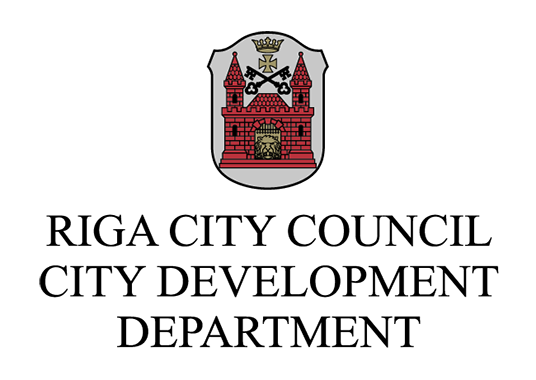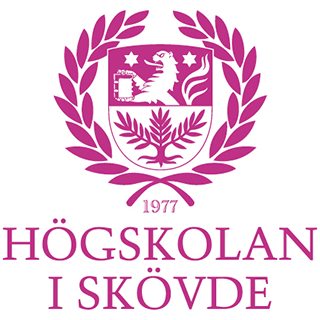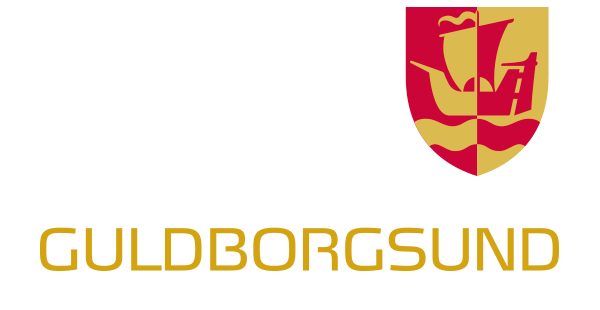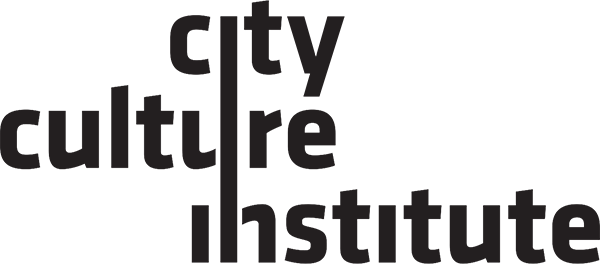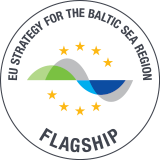INN University was established 1 January 2017 after a merger between the former Lillehammer University College (est. 1970) and Hedmark University of Applied Sciences (est. 1994).
Contact:
Anders Nordby
Assistant Professor
GameSchool – Dep. of Game Development
AMEK / Faculty of Audiovisual Media and Creative Technologies
anders.nordby@inn.no
Office: +47 625 17 784
Cell-Phone: +47 92 25 97 01
Inland Norway University of Applied Sciences
Campus Hamar
Norway
INN University have approximately 13 000 students and 952 employees. INN University offers 35 one-year study programmes, 52 Bachelor programs, 31 Master programmes and 4 PhD programmes (plus one in cooperation with the Norwegian University of Science and Technology) in addition to a number of Teacher education and further education programs.
Our academic offer covers a vast number of subject areas: ecology and agricultural sciences, psychology, sports, law, music, pedagogy, health sciences, social sciences, teacher education, language and literature, biotechnology, film, TV and culture, tourism, animation and game sciences and economics.
The most important research infrastructure is the INN library, offering high-quality services to researchers (e.g. search and open repository). The library’s collection includes approximately 300,000 volumes and 35,000 printed and electronic journals. The library actively collaborates with other national research libraries, giving the research staff access to national library resources. In addition, participation in international networks gives staff access to library resources from all over the world. INN Research data management service provides assistance to develop research data management plans in line with the FAIR-principle (findable, accessible, interoperable and reusable). INN IT-service also support for collection, secure sharing and secure storage of research data, as well as good computing resources and licenses for software for survey -, data sampling - and analysis purposes. INN University also gives access to administrative personnel and back-up scientific personnel for the project.
INN through Department of Game Development, Game School, is member of the business cluster VRINN and the ICT-center PARK, www.parkhamar.no. VRINN is a cluster of businesses working within VR, AR and gamification in Norway. The cluster exists to create major international innovations, helping the businesses market, grow and develop themselves and fuel the future of work for organizations and businesses. The main focus areas within the VRINN cluster is “immersive learning” – how to use “immersive” technologies like VR and AR in learning, training education and knowledge transfer in general and work within a wide range of disciplines including the health care sector, crisis management, decision making and operational support. (www.vrinn.no)
PARK house studios for new technology (AR and VR and Motion Capture), INN’s education in VR and AR (add-on program), and companies working with technology, like Hamar Game Collective with 13 game companies, EON Reality (one of the leading companies within AR and VR in the world with a huge global network, Making View (VR and 360 videos), Collaborative workplace (management training with VR and games) with new education in AR and VR, showroom and equipment for AR and. VR in collaboration with both public and private sector. This is build up as a trippel helix in close collaboration to get new innovations and business growth.






